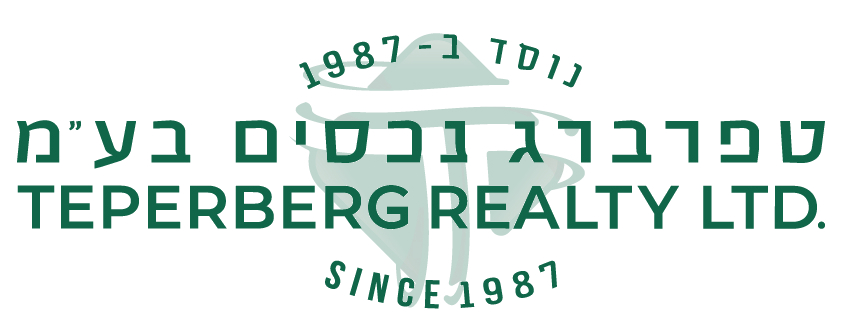Baka בַּקְעָה , its official Hebrew name is Geulim, is a neighborhood in southern Jerusalem, The neighborhood is surrounded by Talpiot to the south, Mekor Chaim to the west, the Greek Colony and German Colony to the northwest, and Abu Tor to the east. Baka (lit. “valley”) was built outside the Old City of Jerusalem at the end of the 19th century.
The neighborhood had an agricultural character until the 1950’s, when its population changed. It became a convenient location because of the Jerusalem Railway Station that opened at its edge in the late 19th century. The station linked Jerusalem to the rest of the county until service ended in 1998. It grew quickly and became a neighborhood of multiple religions. Many of the agricultural areas were converted to residential properties. In the 1950’s the construction of large concrete block buildings called “shikunim” שיכונים began, on the agricultural lands, to accommodate new immigrants.
In the ’80s began the building of new architectural projects that were designed around a inner courtyards (such as projects on Dan St or Azai St). At this time, the neighborhood was being populated by various economic classes, secular and different religious denominations. In the 90’s the Jerusalem Municipality started its urban renewal projects (tama 38 a&b/pinui-binui) improving the “Shikunim”. Many of them have already been renovated and expanded.
During the first decade of the 21st century, neighborhood housing prices rose, and a wealthier population grew, predominantly immigrant families and older immigrants mostly from the United States and France. Original houses started being restored. New houses and high-end complexes started being built, designed to blend and enhance the original architectural building style and unique charm. In 2008, a new residential community was built, consisting of several apartment buildings surrounded by greenery. The original house is being preserved, and green belts are being added throughout the area. This complex, as well as others in Baka, conveniently provide many more lovely living spaces with parking and other amenities, for couples and families.
Preservation is important in Jerusalem and as such, older trees in the neighborhood are being preserved and more greenery is being added to enhance the life style of the Baka residence. The neighborhood is characterized by a combination of old Arab style houses and the new construction. The streets in Baka have biblical names, such as the Twelve Tribes, and some from other biblical books including Megilat Esther.
There are four main schools in Baka: Oranim, Efrata, Geulim A, and Pelech. Ulpan Etzion, Israel’s first Hebrew-language school, was established in Baka in 1949. The ulpan, directed by Mordechai Kamerat, was used as a model for Hebrew language education across the country. The community center (matnas) is very active and provides a variety of services for the community, including a library, workshops for different ages, and after school activities for children. This promotes a sense of community and home for the residence of Baka, in this growing middle to upscale population.
Although Baka is a quaint and mostly residential neighborhood in Jerusalem, there are many attractions and activities to do in the area. Derech Beit Lechem Street, the main thoroughfare of Baka, exists as an equivalent to the German Colony’s Emek Refaim – smaller, yet vibrant avenue of restaurants, cafes and boutiques. All thou lively, the area retains a sense of tranquility. To the west of Baka, you can stroll or bike ride on the “Messila Park” from Baka all the way to Malcha, through green and picturesque surroundings. the park continues through Ein Kerem all the to the Jerusalem Forest and the surrounding mountains. Throughout the park, one can find a lending library and several reading corners, benches and grassy areas in which to relax. Gymnastic exercise stations and kids’ playgrounds, are found all along the path. At the very beginning of the “Messila Park” is the “First Station” with various activities, restaurants and shops. In the summer, the area comes to life with the many events that take place for families during the day as well as at night. Baka is also close to downtown Jerusalem, the Old City, Malcha Mall, and near by public transportation.
This blend of a convenient location, quiet residential area, greenery, and recreational points attracts many to live in this lovely neighborhood, and is in fact one of the most desirable neighborhoods in Jerusalem.
